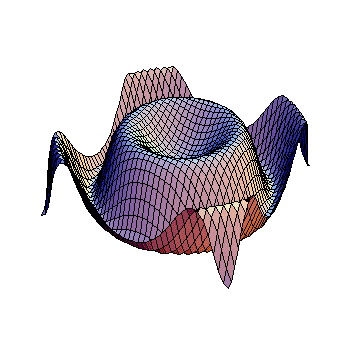How do you find the derivative of #-2e^(xcos(x))#?
1 Answer
Jul 24, 2016
Explanation:
Using implicit differentiation, we have
If we take the natural log of both sides we have
Using the property of logs
Don't worry about the negative number in the logarithm, since we're not evaluating it and constants don't affect derivation we can just ignore that for the moment.
Now, using the log property
And since
Now we differentiate both sides

